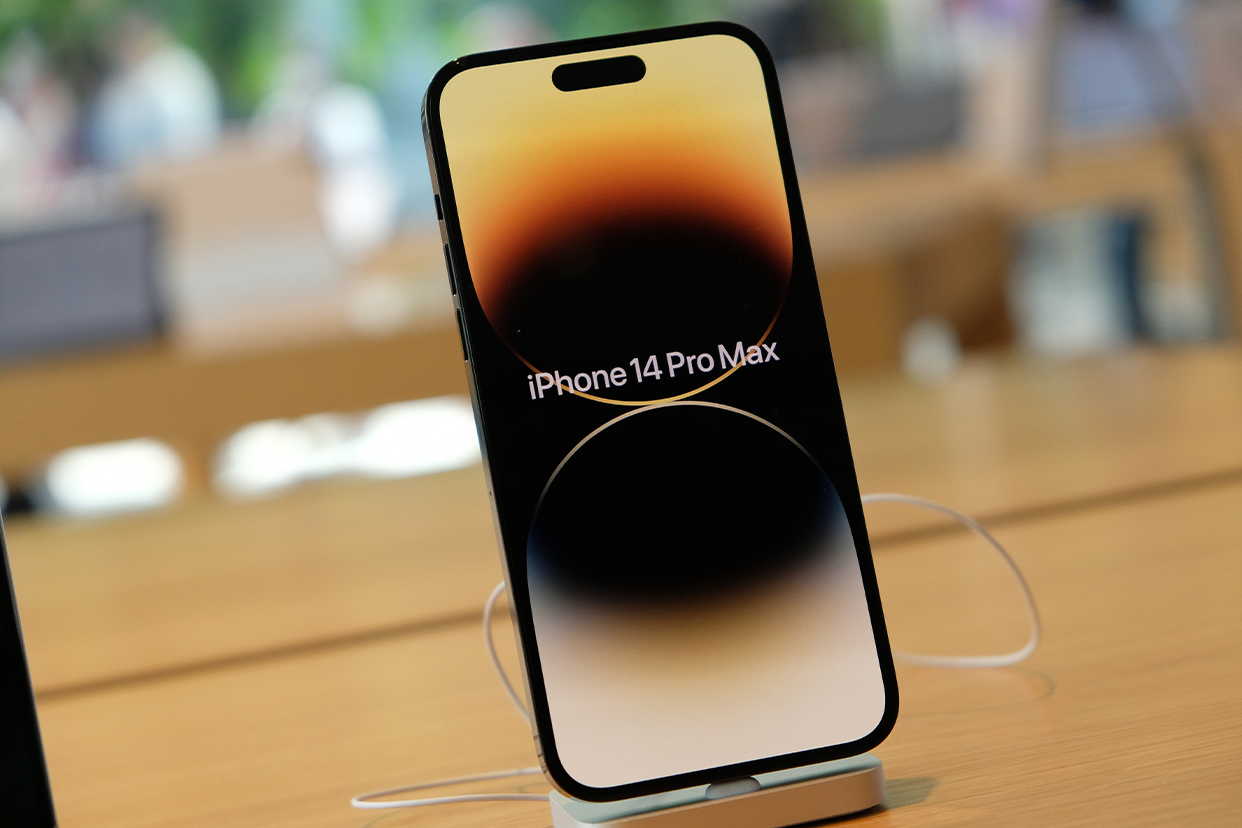Samsung has launched its much-anticipated flagship line-up of Galaxy S23 smartphones. The line-up consists of three smartphones – the Galaxy S23, the mid-range Galaxy S23 Plus, and the top-of the-line Galaxy S23 Ultra.
ALSO READ: Samsung Galaxy S23 series launched: Here’s what’s new
However, today, we’re going to talk about the Samsung Galaxy S23 Ultra. More specifically, we’re going to talk about how it fares against the “other” top-of-the-line flagship smartphone from Cupertino-based industry bigwig Apple. As you may have guessed, yes. We’re talking about the iPhone 14 Pro Max.
Samsung S23 vs iPhone 14 Pro Max: Display
The Galaxy S23 Ultra sports a large 6.8-inch Quad HD+ display with a resolution of 3088 x 1440 pixels, up to 120Hz refresh rate, and 1,750 nits of peak brightness, with Corning Gorilla Glass Victus 2.
The iPhone 14 Pro Max, on the other hand, is offered with a 6.7-inch LTPO Super Retina XDR OLED display, with a resolution of 2796 x 1290 pixels, 120Hz refresh rate, support for HDR10 as well as Dolby Vision, and 2,000 nits peak brightness.
Samsung S23 vs iPhone 14 Pro Max: Key specs
The S23 Ultra is powered by a Snapdragon 8 Gen 2 chipset, and comes in four configurations – the base 8GB RAM and 256GB storage variant, the 12GB RAM and 256GB storage variant, or the 12GB RAM with 512GB storage variant, and the 12GB RAM variant with 1TB storage.
ALSO READ: Samsung Galaxy S22 vs Samsung Galaxy S23 series: Which one to buy?
The iPhone 14 Pro Max is no slouch either. It is powered by the A16 Bionic chip, Apple’s most powerful and fastest chipset to date. The iPhone 14 Pro Max is available in four storage variants as well – 128GB, 256GB, 512GB and 1TB storage.
Samsung S23 vs iPhone 14 Pro Max: Battery
The S23 Ultra is backed by a 5,000mAh battery with support for 45W wired fast charging, and 15W wireless charging, while the iPhone 14 Pro Max features a slightly smaller 4,323mAh battery with 23W wired charging. However, it supports 15W wireless charging as well, same as the Samsung.

Samsung S23 vs iPhone 14 Pro Max: Camera
Samsung’s latest flagship sports a quad-camera setup at the rear, with a 200MP primary shooter with Laser Autofocus and Optical Image Stabilisation (OIS), a 10MP telephoto lens, a 10MP periscope lens and a 12MP ultrawide camera. On the front, is a 12MP camera punch hole camera. Video recording for the Samsung Galaxy S23 Ultra is capped at 8K 30fps.
The iPhone 14 Pro Max sports a triple rear camera setup with a 48MP primary shooter with sensor-shift OIS, a 12MP ultrawide lens, and a 12MP telephoto lens with OIS as well. On the front of course, is a 12MP camera integrated into the much talked about dynamic island. In addition to housing the camera unit, the dynamic island expands to showcase timers/stopwatch, battery status, GPS navigation, and more.
Other Features
On the security front, the iPhone 14 Pro Max features face unlock, whereas the Galaxy S23 Ultra features an ultrasonic in-display fingerprint sensor. The former runs iOS 16, whereas the S23 Ultra runs Android 13 based on Samsung’s One UI 5.1 straight out-of-the-box.
Well, here’s a rundown of what are just about the two most powerful and exclusive smartphones available in the India market today. We hope we’ve helped give you a clearer idea of which one you’d like to purchase.
Unleash your inner geek with Croma Unboxed
Subscribe now to stay ahead with the latest articles and updates
You are almost there
Enter your details to subscribe

Happiness unboxed!
Thank you for subscribing to our blog.
Disclaimer: This post as well as the layout and design on this website are protected under Indian intellectual property laws, including the Copyright Act, 1957 and the Trade Marks Act, 1999 and is the property of Infiniti Retail Limited (Croma). Using, copying (in full or in part), adapting or altering this post or any other material from Croma’s website is expressly prohibited without prior written permission from Croma. For permission to use the content on the Croma’s website, please connect on contactunboxed@croma.com
- Related articles
- Popular articles

















Atreya Raghavan
Comments